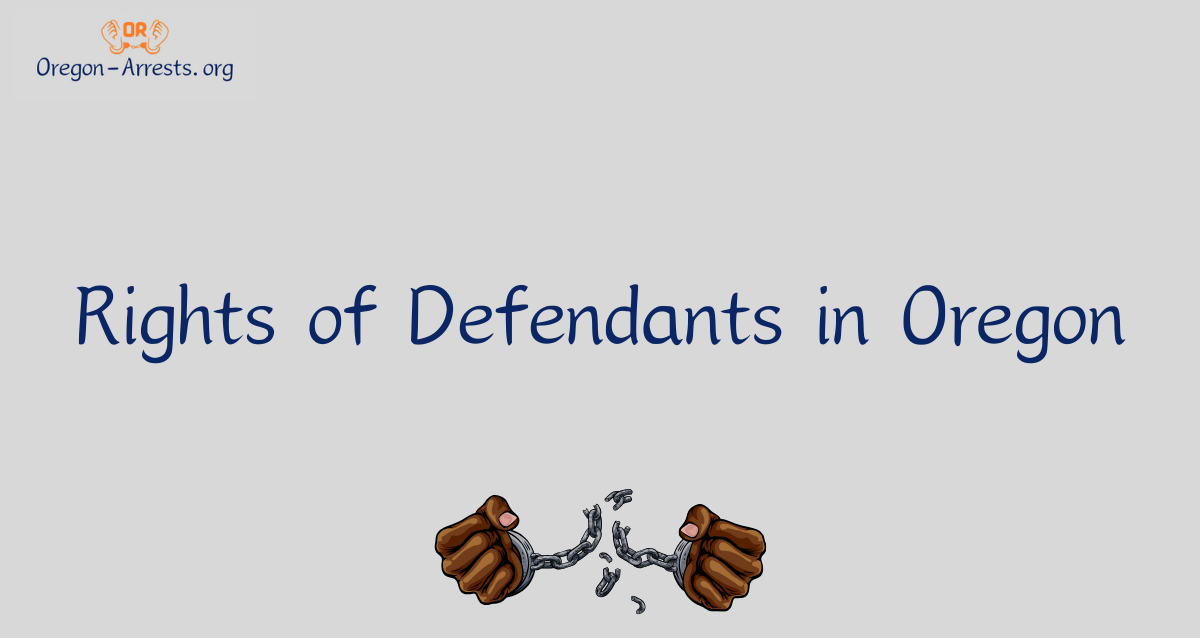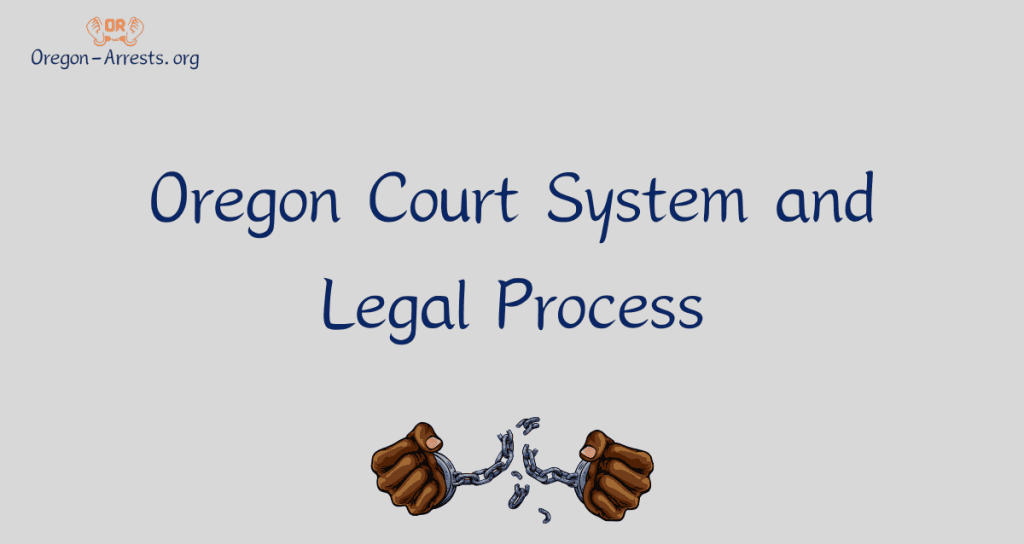Rights of Defendants in Oregon
The right to a fair trial is fundamental to any democratic society. It ensures that individuals accused of a crime can present their case and defend themselves against any allegations. This Comprehensive Guide will explore the various rights that contribute to a fair trial, including the right to legal representation, the right to remain silent, the right to confront witnesses, the right to be free from unreasonable searches and seizures, the right to due process, and the right to appeal.
Right to a fair trial
The right to a fair trial is enshrined in many international human rights instruments, such as the Universal Declaration of Human Rights and the International Covenant on Civil and Political Rights. It guarantees that individuals are treated fairly and impartially by the legal system. This includes the right to be presumed innocent until proven guilty, the right to a public trial, and the right to a competent and impartial tribunal.
Right to legal representation
One of the most fundamental rights in a fair trial is the right to legal representation. This ensures that individuals have access to a lawyer who can provide legal advice, protect their rights, and advocate. Legal representation is crucial in ensuring defendants understand the charges against them, present their case effectively, and receive a fair and just outcome.
Right to remain silent.
The right to remain silent is an essential component of a fair trial. It allows individuals to exercise their right against self-incrimination and not be compelled to testify against themselves. This right protects individuals from being forced to provide evidence that could be used against them.
Right to confront witnesses.
The right to confront witnesses is another crucial aspect of a fair trial. It ensures that defendants can question and challenge the credibility of witnesses who testify against them. This right allows defendants to cross-examine witnesses, present evidence, and challenge any inconsistencies or biases in their testimony.
Right to be free from unreasonable searches and seizures.
The right to be free from unreasonable searches and seizures protects individuals from arbitrary intrusion by the government. It ensures that law enforcement officers cannot conduct searches or seizures without a valid warrant or probable cause. This right safeguards individuals’ privacy and ensures that evidence obtained unlawfully cannot be used against them in court.
Right to due process
The right to due process is a fundamental principle of a fair trial. It guarantees that individuals are treated fairly and have access to a fair and impartial legal process. Due process includes the right to be heard, the right to present evidence, the right to a fair and timely hearing, and the right to an impartial decision-maker.
Right to appeal
The right to appeal allows individuals to challenge the outcome of their trial if they believe there were errors or unfairness in the legal process. It provides a mechanism for reviewing and correcting any mistakes made during the trial. This right ensures that individuals can seek justice and have their cases reconsidered by a higher court.
FAQs
What are the rights of defendants in Oregon?
Oregon’s Defendants have several rights protected by the state and federal constitutions. These rights include the right to a fair and speedy trial, legal representation, the right to confront witnesses, the right to remain silent, and the right to be free from unreasonable searches and seizures.
Are defendants in Oregon presumed innocent until proven guilty?
Yes, Oregon defendants, like the rest of the United States, are presumed innocent until proven guilty. This means that the burden of proof is on the prosecution to prove the defendant’s guilt beyond a reasonable doubt.
Can defendants in Oregon have a lawyer?
Yes, defendants in Oregon have the right to legal representation. If they cannot afford an attorney, one will be provided for them by the state. It is essential to have a lawyer to protect their rights, navigate the legal system, and present the best defense possible.
What is the right to remain silent?
The right to remain silent is a fundamental right for defendants in Oregon. This means they can refuse to answer law enforcement or prosecution questions. It is crucial to consult with an attorney before deciding whether to exercise this right.
Can defendants in Oregon confront witnesses against them?
Yes, defendants in Oregon have the right to confront and cross-examine witnesses against them. This allows them to challenge the credibility and accuracy of the witness’s testimony. Cross-examination is an essential tool for the defense to present their case effectively.
Conclusion
In conclusion, the right to a fair trial is a cornerstone of a just legal system. It encompasses various rights, including the right to legal representation, the right to remain silent, the right to confront witnesses, the right to be free from unreasonable searches and seizures, the right to due process, and the right to appeal. These rights work together to ensure that individuals accused of a crime are treated fairly, have the opportunity to present their case and receive a fair and just outcome.







